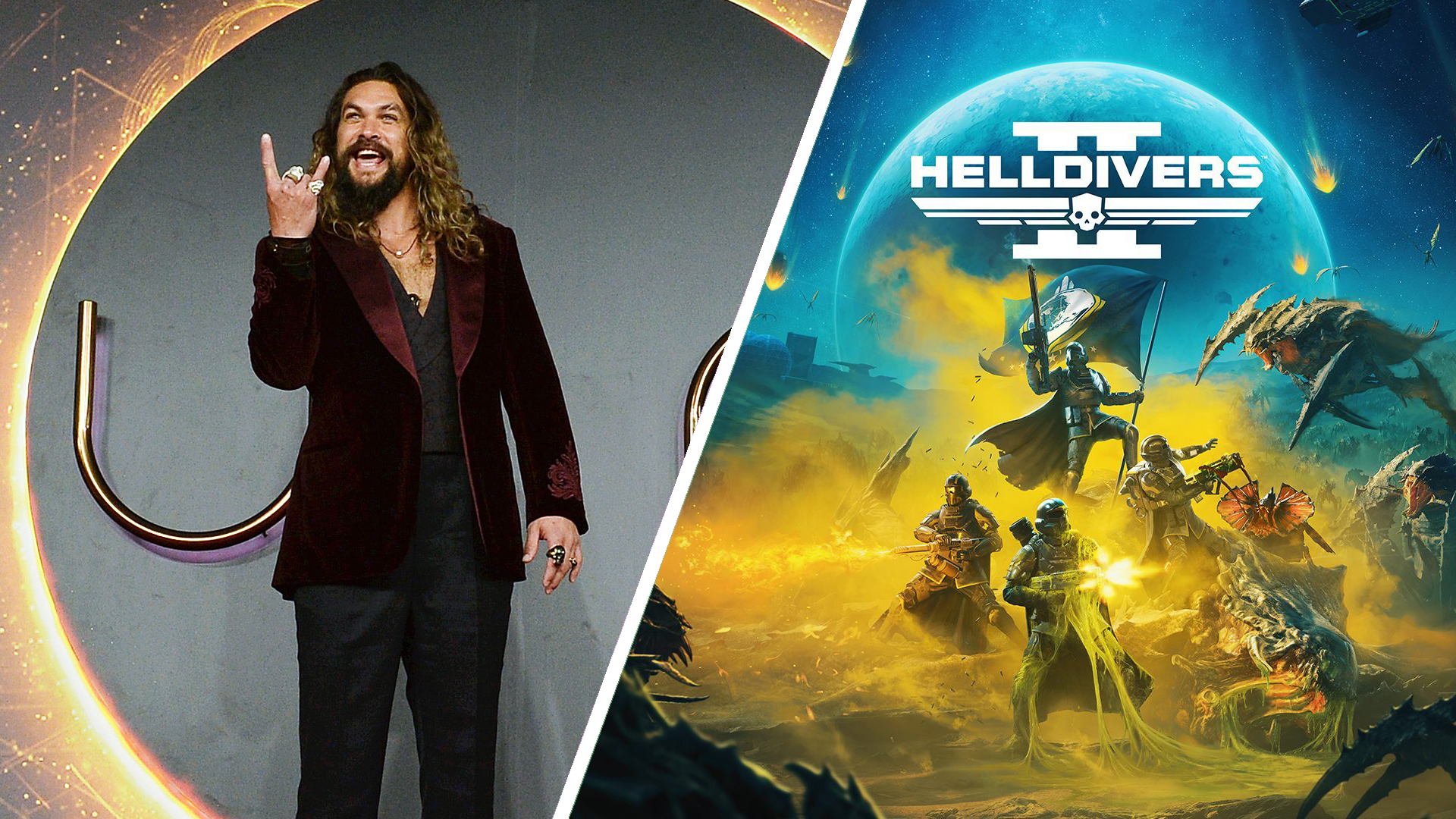'What is Starfleet?' Modern 'Star Trek' is still trying to work that out, but 'Strange New Worlds'' latest episode might have the answer
In Star Trek's modern era, Starfleet and the Federation aren't the unquestioned forces for good they once were, but Strange New Worlds' latest episode aims to restore the faith.
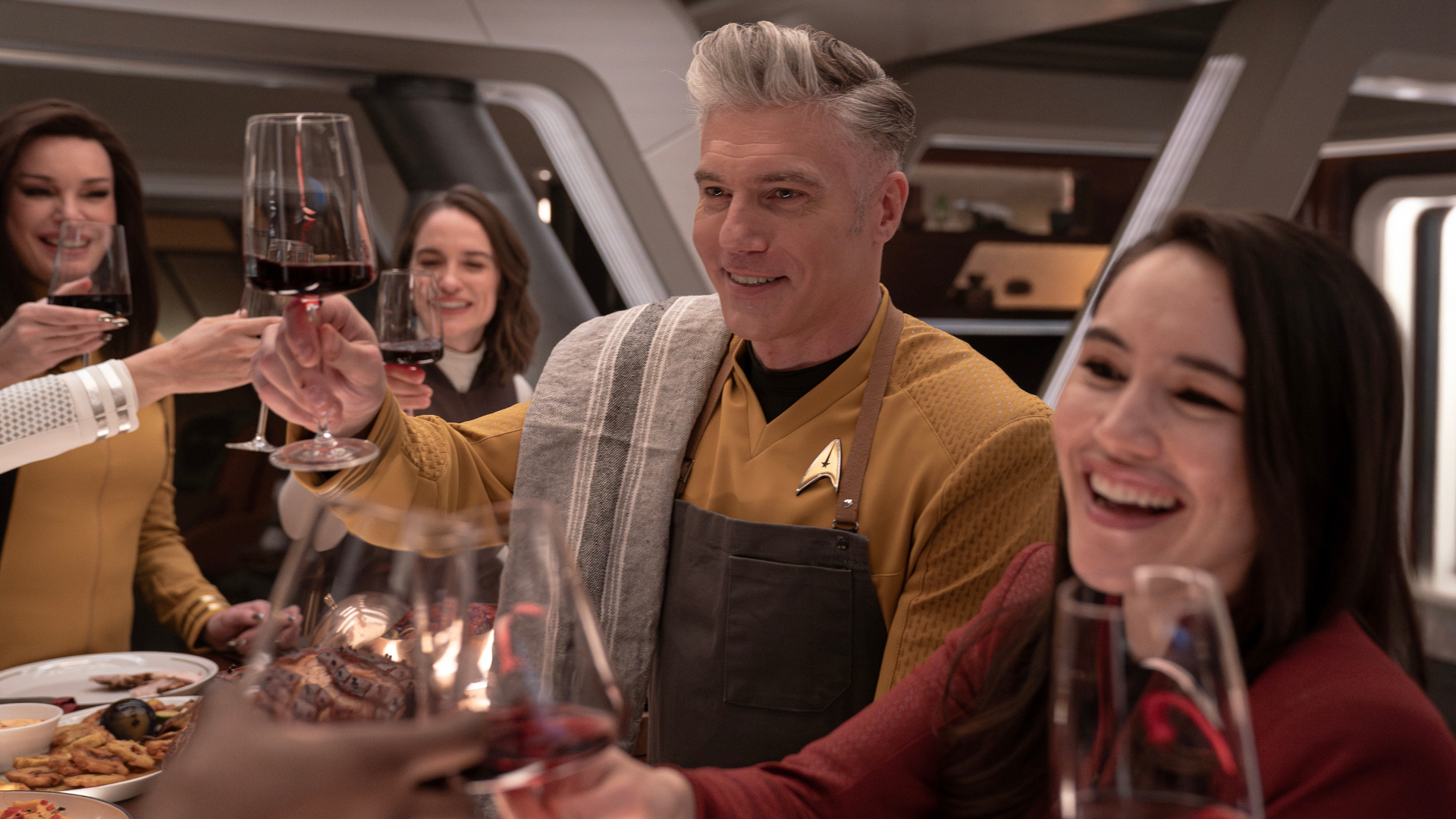
Breaking space news, the latest updates on rocket launches, skywatching events and more!
You are now subscribed
Your newsletter sign-up was successful
Want to add more newsletters?

Delivered daily
Daily Newsletter
Breaking space news, the latest updates on rocket launches, skywatching events and more!

Once a month
Watch This Space
Sign up to our monthly entertainment newsletter to keep up with all our coverage of the latest sci-fi and space movies, tv shows, games and books.

Once a week
Night Sky This Week
Discover this week's must-see night sky events, moon phases, and stunning astrophotos. Sign up for our skywatching newsletter and explore the universe with us!

Twice a month
Strange New Words
Space.com's Sci-Fi Reader's Club. Read a sci-fi short story every month and join a virtual community of fellow science fiction fans!
"What is Starfleet?" asks the latest episode of "Strange New Worlds". It's a question the "Star Trek" franchise has been getting to grips with for the best part of 60 years.
The answer was simple back in "The Next Generation" era, because Jean-Luc Picard was never in it for the money. Instead, noble ideals such as exploration, self-improvement, and the general betterment of humanity tended to be more important than a steady paycheck. These values were generally shared by his employers at Starfleet and the United Federation of Planets, organisations idealized as the polar opposite of Emperor Palpatine's authoritarian dictatorship from a galaxy far, far away.
But "Trek" creator Gene Roddenberry's utopian vision for the 24th century later came to feel like an anachronism, especially once the likes of "Breaking Bad", "Game of Thrones", and "Andor" had turned moral ambiguity into the norm in TV drama. The franchise's more recent voyages — from the JJ Abrams "Treks" to "Discovery", "Picard" and "Strange New Worlds" — have subsequently become much more cynical about the motivations of the suits back at Federation HQ.
In "What is Starfleet?", aspiring documentary maker Beto Ortegas even asks the question outright: "What separates a Federation from an Empire?" The episode may just be the writers' room's effort to work it out for themselves.
The United Federation of Planets and its quasi-military spacefaring branch, Starfleet, were first mentioned in the Original Series. As with so many elements of canon in veteran sci-fi franchises, however — see also "Star Wars" and "Doctor Who" — neither arrived fully formed. In fact, "Trek" didn't properly get around to explaining the Federation's origins until "Star Trek: Enterprise"'s fourth season, some four decades later.
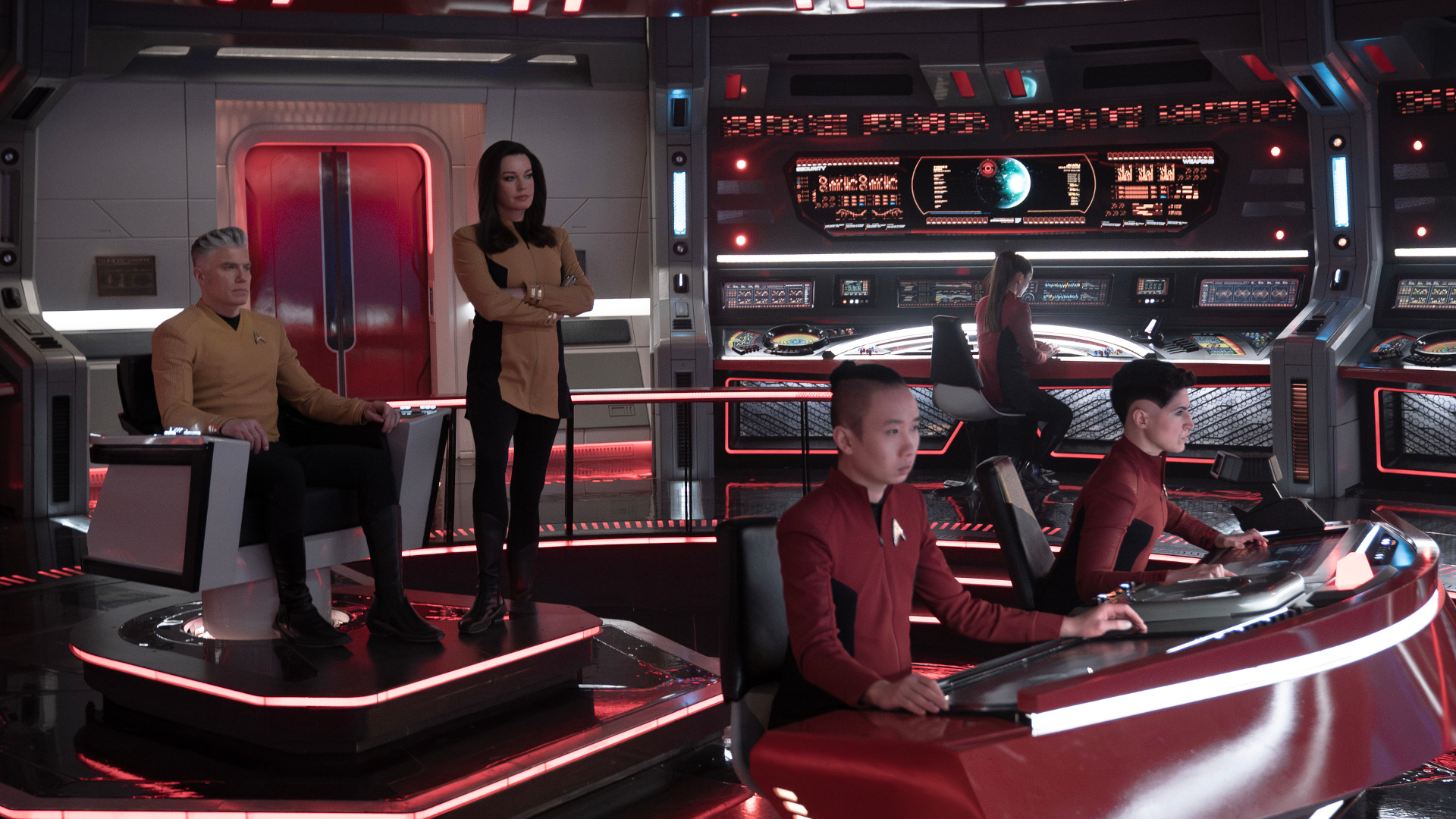
But by the time the USS Enterprise-D began its ongoing mission in "The Next Generation", the Federation's raison d'être was clear. This was an elitist private members' club with strict conditions for entry. With mastery of warp flight, and the eradication of prejudice and war among the impossibly high bars applicants had to jump over. They also had to adhere to the so-called Prime Directive (also known as General Order One), a non-interference policy prohibiting any action that might alter the evolution of other species.
These official guidelines formed the cornerstone of much of the "TNG" era. Picard and the crew frequently found themselves caught in moral quandaries about upholding the Prime Directive, but had replicated so much of the Federation Kool-Aid that they usually obeyed the rules without question. The similarly idealistic Captain Janeway even sentenced her USS Voyager crew to decades adrift on the other side of the galaxy because she decided that taking an instant, easy route home in pilot episode "Caretaker" would have violated similar values. The producers would also have been left without a show.
Breaking space news, the latest updates on rocket launches, skywatching events and more!
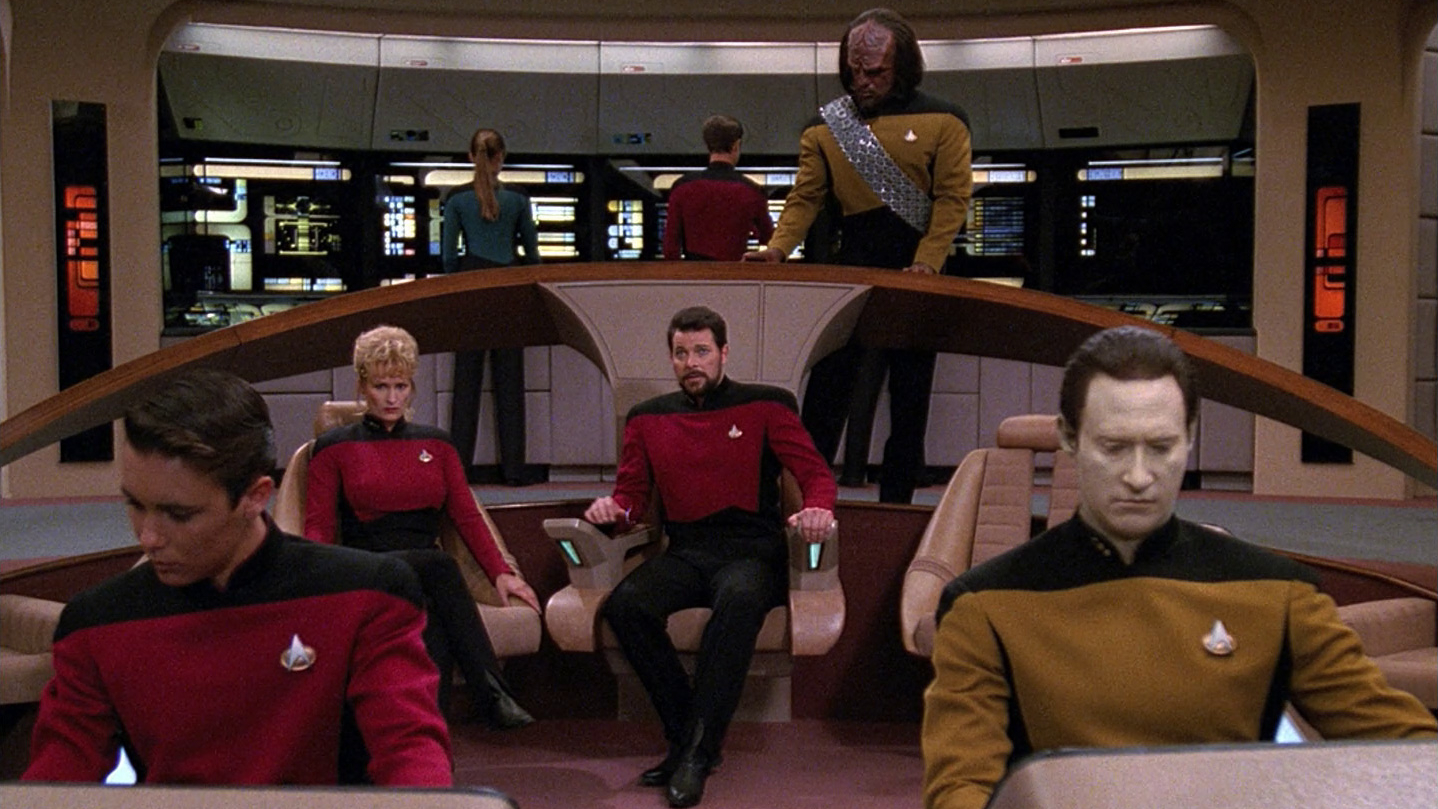
Unfortunately, what's good for 24th-century society isn't always good for drama. Numerous writers from the "TNG" era have since expressed frustration over rules that — thanks to Roddenberry's long-standing decree that future humans had evolved beyond petty squabbles — made internal conflicts within Starfleet a big no-no.
Nonetheless, they gradually came up with ways to work with, rather than against, these utopian constraints, much as Iain M Banks did so memorably in his "Culture" novels. Omnipotent superbeing Q introduced the Enterprise to the Borg in order to shake Picard and his team out of their "we're ready for anything" complacency. "Voyager", meanwhile, forced the crew to integrate shipmates from the Maquis, a paramilitary group outlawed by the Federation. While the show rarely delivered on the threat of full-on disputes, there was, at least, an attempt to shake things up.
The idea that the Federation and Starfleet can't always be trusted started to appear in the late '90s. With the likes of "Babylon 5" and "The X-Files" ramping up the moral flexibility and conspiracy theories in sci-fi TV, "Deep Space Nine" followed suit. It did, however, make clear that the virus engineered to eliminate the Changelings was the work of Section 31, a covert, "any means necessary" organisation that's historically worked outside the usual Federation jurisdiction, and has since been thoroughly discredited by a very mediocre TV movie.
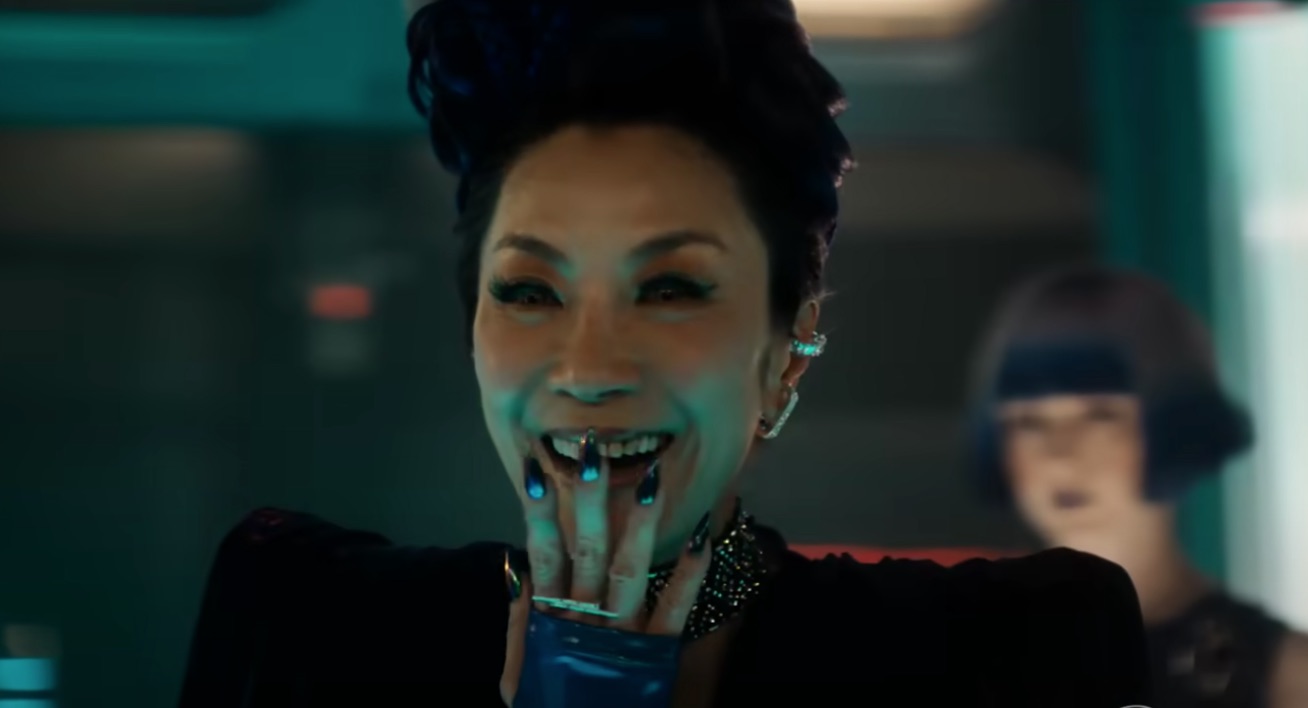
Then, in 1999's "Star Trek: Insurrection", the Federation Council used the ongoing Dominion War as an excuse to justify the forceful relocation of the peaceful Ba'ku in order to seize control of their planet's rejuvenating properties. Picard, of course, had no option but to go rogue to stop them.
Since returning from its post-"Enterprise" hiatus, the franchise has seemingly lost faith in the idea that Starfleet and the Federation are unquestionable forces for good. This may have been a response to the darker, grimier "Battlestar Galactica" reboot — itself the creation of former "Trek" writer Ronald D Moore — but these days, those ideals about exploration and becoming better people are a 'nice to have' rather than a necessity.
In the big-screen's Kelvin timeline, "Star Trek into Darkness" saw Admiral Alexander Marcus using Khan Noonien Singh as a black ops agent in a significantly beefed-up military, before turning the souped-up USS Vengeance on the Enterprise. And when "Discovery" brought "Trek" back to TV after 12 years away, a starship bridge was no longer a place of harmony, as the crew was led into a painful war with the Klingons with a renegade captain at the helm.
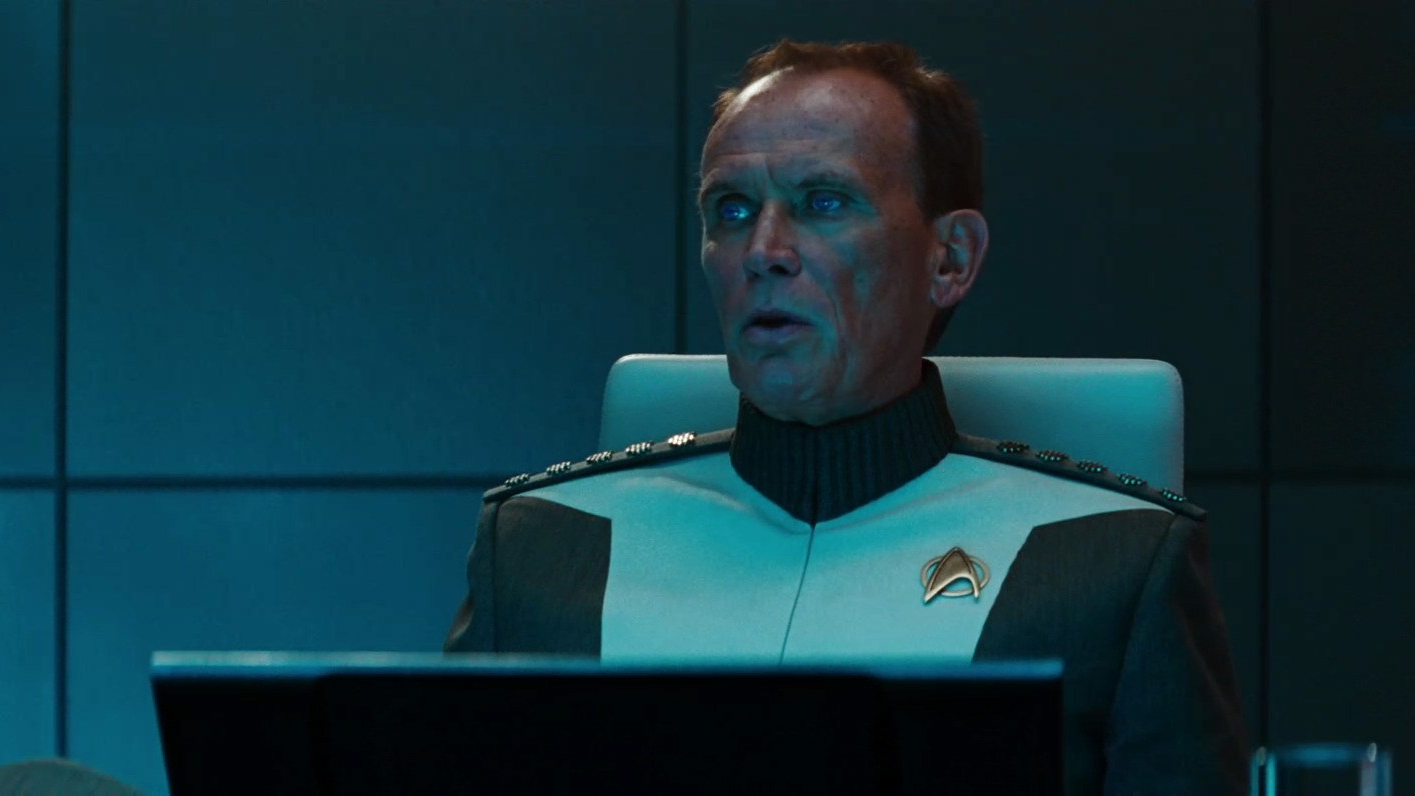
In "Picard", even the great Jean-Luc himself was forced to live in a less-than-ideal world, where the Federation was still reeling from an uprising by synthetic lifeforms years earlier. When the USS Discovery relocated to the distant future of the 32nd century, the Federation barely existed at all.
Much of modern "Trek" ponders whether Starfleet and the Federation remain fit for purpose. Organizations that once abided by the strictest moral codes can now be found sanctioning acts of torture (such as the experiments inflicted on "Picard" season 3's Changeling antagonist Vadic), or unashamedly discriminating against an entire race, the Illyrians, based on the supposed justification of a centuries-old edict against genetic modification ("Strange New Worlds" season 2).
Starfleet's also been guilty of some spectacular lapses of judgement, whether it was installing a Romulan spy as chief of security ("Picard" season 1), allowing a rogue AI to take control of a large chunk of the fleet ("Discovery" season 2), or remotely linking all of its starships together — you don't have to be Data to realize that such a move was likely to play into the Borg's hands ("Picard" season 3). Indeed, the Starfleet and Federation of the modern era seem so prone to error and/or questionable behaviour that it's increasingly difficult to believe that their most upstanding officers would pledge their allegiance to such broken institutions.
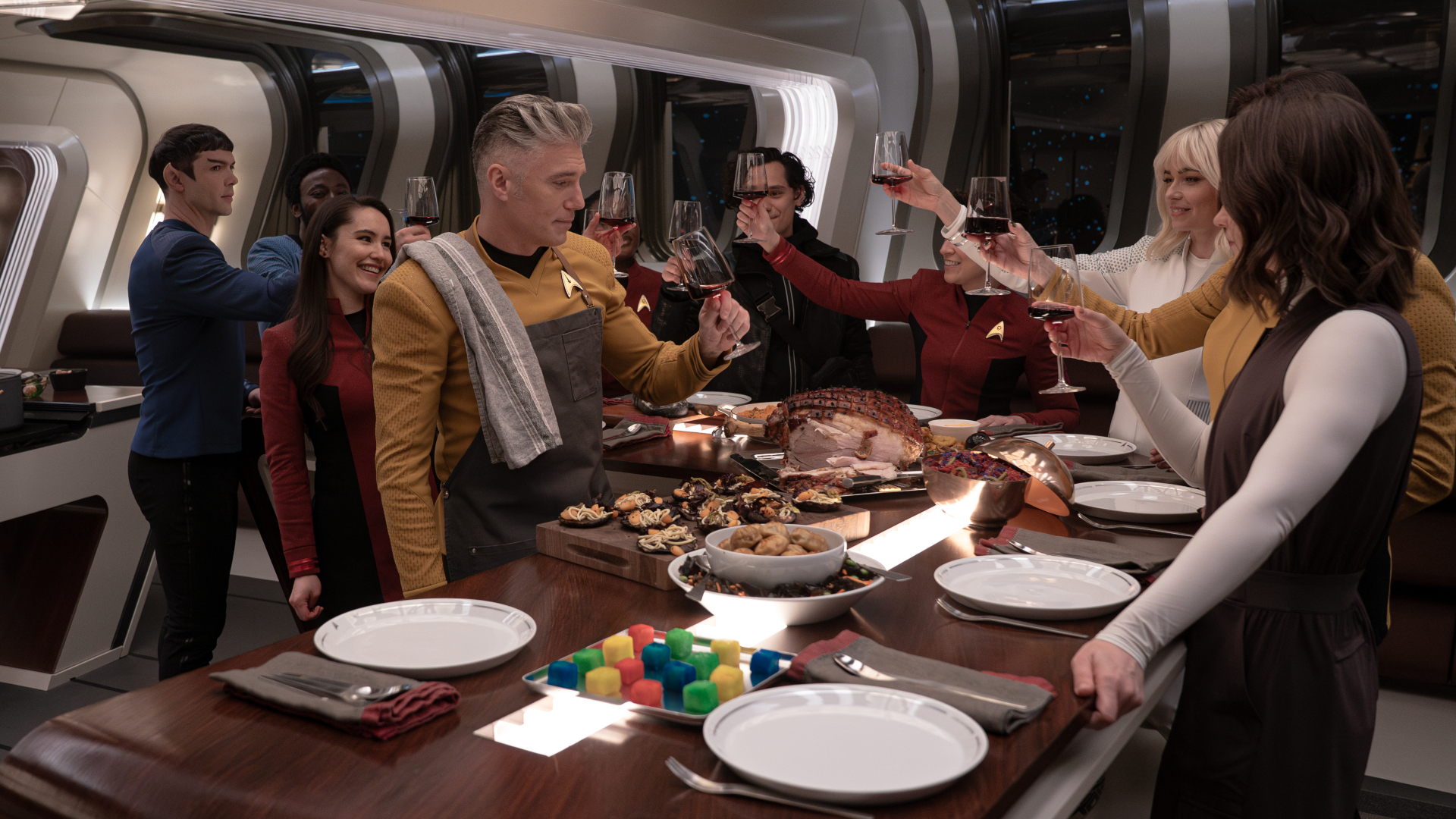
Nonetheless, "What is Starfleet?" suggests "Star Trek" hasn't entirely lost faith in its most famous institutions. Although Christopher Pike's redacted conversations with his superiors hint at some major disagreements over the management of stellar kaiju, the Jikaru, the captain's inherent decency shines through when he does the 'right thing' by allowing the tortured creature to fly into a star.
"What is Starfleet?" asks Uhura. "It's the people. All of us. We make Starfleet what it is. Not the other way around."
It's an acknowledgement that — while the belief that humanity will have fixed all its problems in the space of a few centuries is utter nonsense — "Star Trek"'s unwavering optimism about the future has always been what sets it apart from other sci-fi franchises. Big organizations will always have their flaws, but if we have good people inside them, the universe may not be quite as bleak as some stories like to make out.
New episodes of "Star Trek: Strange New Worlds" debut on Paramount+ on Thursdays.
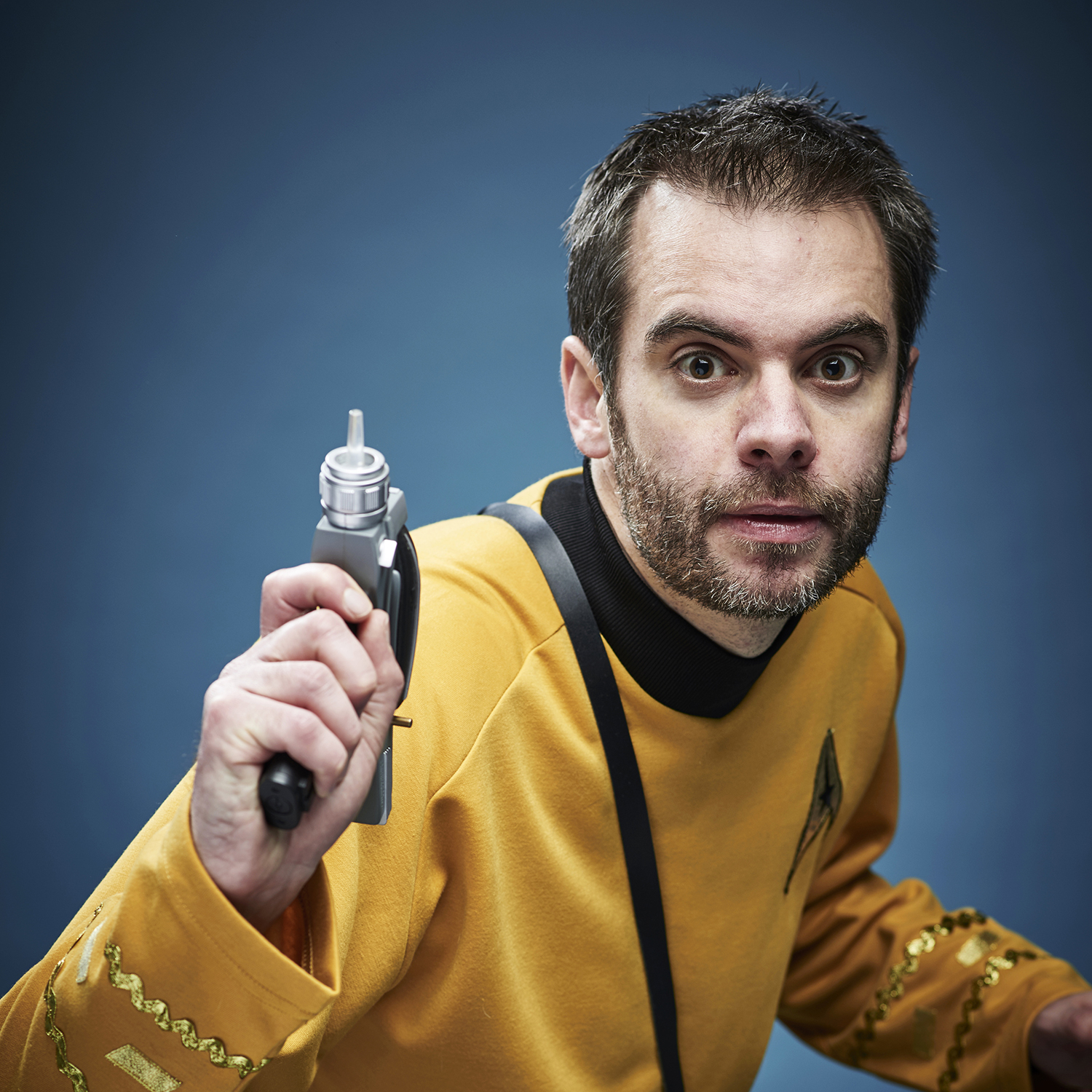
Richard's love affair with outer space started when he saw the original "Star Wars" on TV aged four, and he spent much of the ’90s watching "Star Trek”, "Babylon 5” and “The X-Files" with his mum. After studying physics at university, he became a journalist, swapped science fact for science fiction, and hit the jackpot when he joined the team at SFX, the UK's biggest sci-fi and fantasy magazine. He liked it so much he stayed there for 12 years, four of them as editor.
He's since gone freelance and passes his time writing about "Star Wars", "Star Trek" and superheroes for the likes of SFX, Total Film, TechRadar and GamesRadar+. He has met five Doctors, two Starfleet captains and one Luke Skywalker, and once sat in the cockpit of "Red Dwarf"'s Starbug.
You must confirm your public display name before commenting
Please logout and then login again, you will then be prompted to enter your display name.
